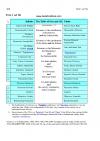 This section of this website (beliefinstitute.com/toa/) provides edited excerpts of the book Be and Become (publ. 2000)1, and related manuscripts archived in the National Library of Australia and the American Library of Congress.
This section of this website (beliefinstitute.com/toa/) provides edited excerpts of the book Be and Become (publ. 2000)1, and related manuscripts archived in the National Library of Australia and the American Library of Congress.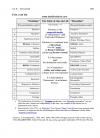
The materials are centred around The Table of One and All (variously called the Theory of One and All, the TAO of One and All, the Truth of One and All and The Pairadox Rule).
The Table of One and All encompasses and includes all aspects of life, and all phenomena into one framework of understanding - it effectively integrates all branches of science, religion, spirituality, psychology, sociology and politics (and all other experiences, fields, disciplines and insights).
In view of its 'infinitely-inclusive' framework, it is able to be used in all areas of experience to reveal deeper insights into life.
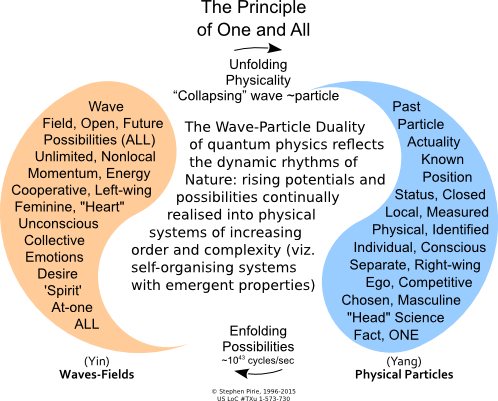
Why the 'Theory of One and All'?
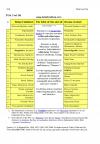 There are many elements of Taoist philosophy which have parallels with the foundation philosophy of The TOA (The Table of One and All) - that life involves the simultaneity of one and all, of physical and spiritual, of conscious and unconscious, or individual and collective.
There are many elements of Taoist philosophy which have parallels with the foundation philosophy of The TOA (The Table of One and All) - that life involves the simultaneity of one and all, of physical and spiritual, of conscious and unconscious, or individual and collective.
However, many Eastern traditions (Taoism, communism) overly affirm the role of the collective (and spiritual) at the expense of individuality, conscious ego, individual choice and personal freedom (aka 'human rights').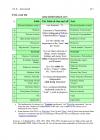
Conversely, Western cultures (particularly American) are generally biased towards Individuality, personal freedom and private ownership at the expense of community (local, national and global). Witness the "right to bear arms" against fellow community members (amounting to 'community-rights abuse').
The TOA addresses the bias of both Western philosophies towards Individuality and Eastern philosophies towards collectivism.
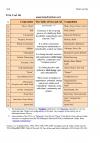 The TOA affirms the validity and importance of conscious ego, individuality, reasoning, thought, physicality and private ownership. It also affirms the validity and importance of unconscious, collective, intuition, feelings, spirituality and public ownership.
The TOA affirms the validity and importance of conscious ego, individuality, reasoning, thought, physicality and private ownership. It also affirms the validity and importance of unconscious, collective, intuition, feelings, spirituality and public ownership.
The subtleties of bias of both Western and Eastern cultural belief-systems -- as may be observed when Western media report the 'abuse of human rights' by collectivist cultures -- can be more fully appreciated and understood by application of the TOA. 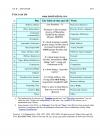 The TOA affirms the at-once validity of both personal freedom, and social responsibility, and that denial of either involves denial and diminution of the other.
The TOA affirms the at-once validity of both personal freedom, and social responsibility, and that denial of either involves denial and diminution of the other.
The TOA does not affirm the validity of separate states of perfection or ultimate bliss, or separate 'spiritual entities' such as God, or Evil, for to do so requires exceptions, exclusions and disconnects ... between present reality || and || some idealised 'other' state, or entity.2
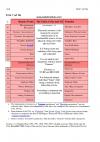 The TOA encompasses the paradoxes (the 'inseparable dualities') of part and whole, of wave and particle, of future and past, of one and all.
The TOA encompasses the paradoxes (the 'inseparable dualities') of part and whole, of wave and particle, of future and past, of one and all.
- 1. Be and Become was published in limited quantities in Australia in December, 2000. It is presently out of print
- 2. See in more detail how belief in separate spiritual entities such as God, involve fundamental disconnects that can be recognised as being incoherent superstitions).
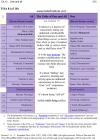
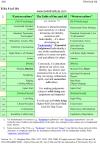
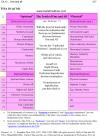
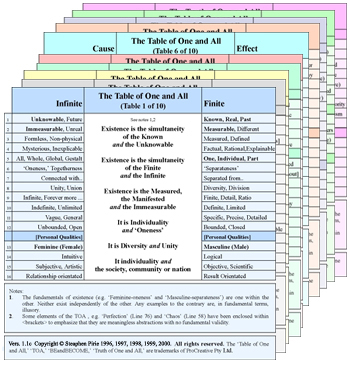
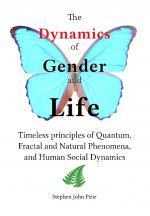 "The Dynamics of Gender and Life" ebook is now available at
"The Dynamics of Gender and Life" ebook is now available at